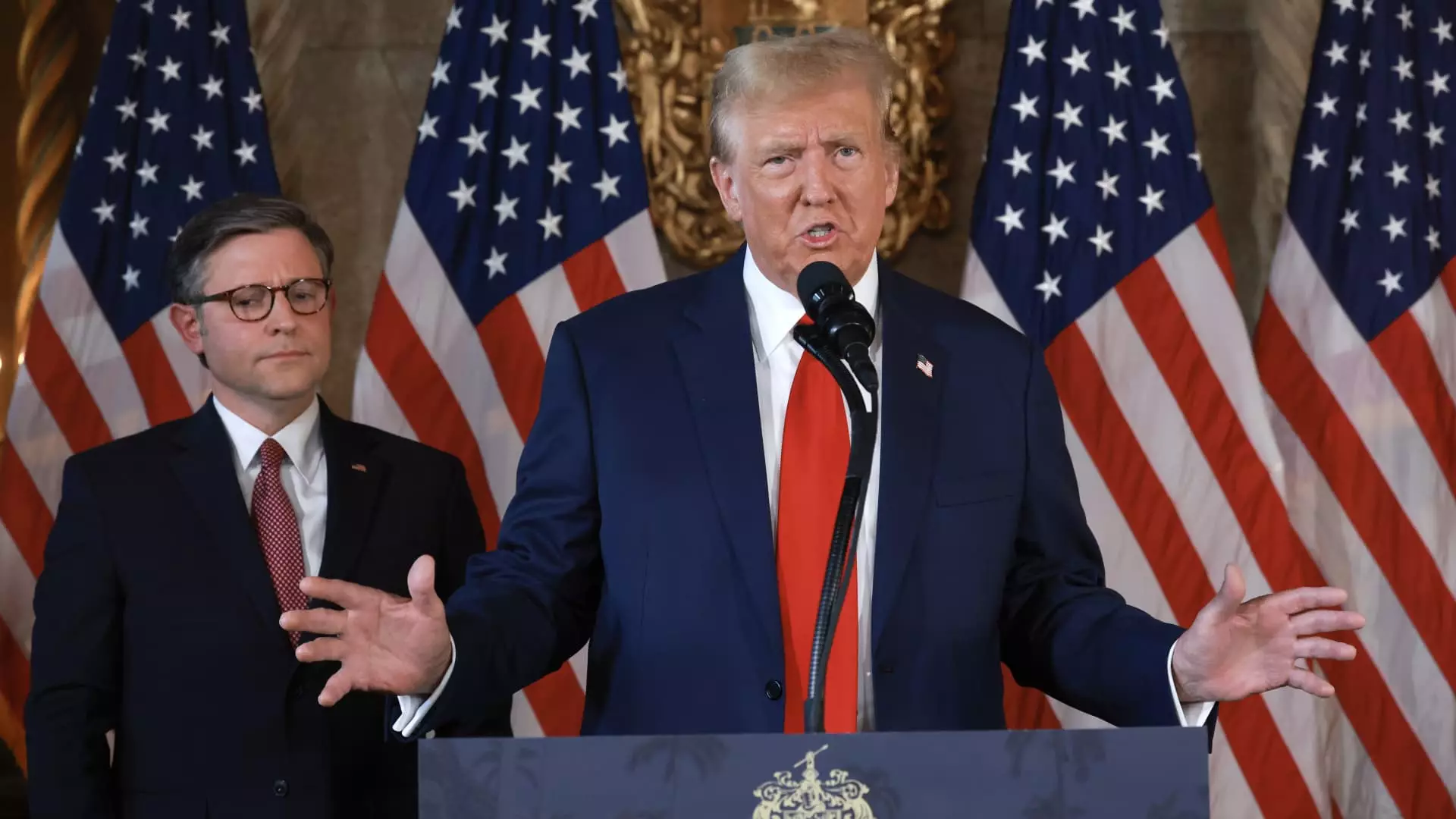Former President Donald Trump and House Speaker Mike Johnson recently presented new legislation aimed at addressing noncitizen voting, a problem that is already illegal and incredibly rare. Despite this, Johnson insisted on the need for a bill that would require documentary proof of citizenship to register to vote. This proposal was made under the false pretense that there is a significant number of noncitizens registering to vote when they obtain welfare benefits. However, the reality is that noncitizen voting is already a punishable crime in all state and federal elections, with only a few cases of violations occurring in locations where noncitizens are allowed to vote in local elections.
The Consequences of Noncitizen Voting
The act of registering to vote and casting a ballot as a noncitizen leaves a paper trail that is monitored by government officials, making it relatively easy to detect and prosecute offenders. Those caught voting illegally can face severe punishments such as jail time, fines, and even deportation. The risk associated with this crime is high compared to the minimal reward, as the impact of one fraudulent ballot is insignificant in the grand scheme of an election. Despite this, the current laws and systems in place make it difficult for noncitizens to successfully engage in voter fraud without facing consequences.
While the idea of requiring documentary proof of citizenship to register to vote may seem like a practical solution, it could potentially disenfranchise millions of Americans who lack access to official documents like passports or birth certificates. This requirement could create barriers for eligible voters, especially those from marginalized communities who may face challenges in obtaining the necessary paperwork. Although some states have attempted to implement this requirement for state elections, federal law currently prohibits such measures in federal elections, limiting its scope and effectiveness.
Research and investigations into noncitizen voting have consistently shown that it is an extremely rare occurrence with minimal impact on election outcomes. In the 2016 election, only 30 suspected noncitizen votes were identified among 23.5 million total votes, making up a negligible percentage of the total ballots cast. Despite claims made by Trump and others about widespread voter fraud involving noncitizens, no substantial evidence has been presented to support these allegations. The lack of concrete proof raises questions about the validity of proposed legislation targeting noncitizen voting.
The Political Motivations Behind the Proposal
The proposed legislation to crack down on noncitizen voting is heavily influenced by political agendas rather than genuine concerns about election integrity. Trump and Johnson have a history of promoting baseless claims about voter fraud and election rigging for their own political gain. By capitalizing on anti-immigrant sentiments and perpetuating misinformation about the prevalence of noncitizen voting, they are able to maintain a controversial narrative that resonates with certain segments of the population. Despite the lack of substantive evidence supporting their claims, these politicians continue to push for restrictive voting measures that could have far-reaching consequences on the democratic process.
The proposed legislation to address noncitizen voting raises important questions about the motivations behind such measures and the potential impact they could have on voter rights. By examining the facts and context surrounding this issue, it becomes clear that the real threat to election integrity lies not in noncitizen voting, but in the manipulation of public perception and the erosion of trust in the democratic process. As we navigate the complexities of electoral systems and policies, it is essential to prioritize evidence-based solutions that safeguard the integrity of elections while upholding the fundamental right to vote for all eligible citizens.


Leave a Reply